If you thought the debate over whether or not NFL players should kneel during the national anthem to protest racial injustice and police brutality would die down as soon as they left the field, then you’d be wrong. Former San Francisco 49ers star Colin Kaepernick was the first to take a knee last season when a reporter noticed he was sitting out the national anthem. When asked why he didn’t stand with the rest of his teammates, Kaepernick explained, "I am not going to stand up to show pride in a flag for a country that oppresses black people and people of color.”
These days, Kaepernick and his then-teammate Eric Reid’s decision to kneel – along with the protests of other players like Michael Bennett, Brandon Marshall, and Arian Foster, who joined them last year – have been co-opted by calls for unity in the wake of criticism by Donald Trump, who claimed the players’ peace protest is disrespectful to the country and the flag. But the problems Kaepernick and Reid objected to in the first place remain, and even more people are speaking out.
Recently, a University of Michigan at Ann Arbor student took a knee to register his objection to racism and discrimination in America. Before his demonstration, Dana Greene Jr., a master’s of public health student, sent a letter to university president Mark Schlissel to explain why he’d be kneeling for as long as possible in the middle of campus.
“I am a black man and this weekend I watched many black men take a knee during our country’s national anthem to bring attention to the inequality in this country,” Greene wrote. “I had convinced myself that if I simply continued to move forward with my studies and with my job that things would get better. I am no longer numb but instead I will use this moment in time to make a statement.”
Greene vowed to kneel until there was “nothing left in me” and stuck to his promise. Supported by his some of his fellow students who either joined him, brought him food, or offered words of encouragement, Greene knelt for just over 20 hours, from 7 a.m. Monday until 3:30 a.m. Tuesday morning local time.
The University of Michigan grad student isn’t the only coed taking a knee. Students and athletes from around the country once again joined in the protest. From the women of the Johnson C. Smith University volleyball team to the cheerleader at Georgia Tech who said taking a knee was the “proudest [and] scariest moment” as a student, it’s clear that many people will refuse to be silenced.
















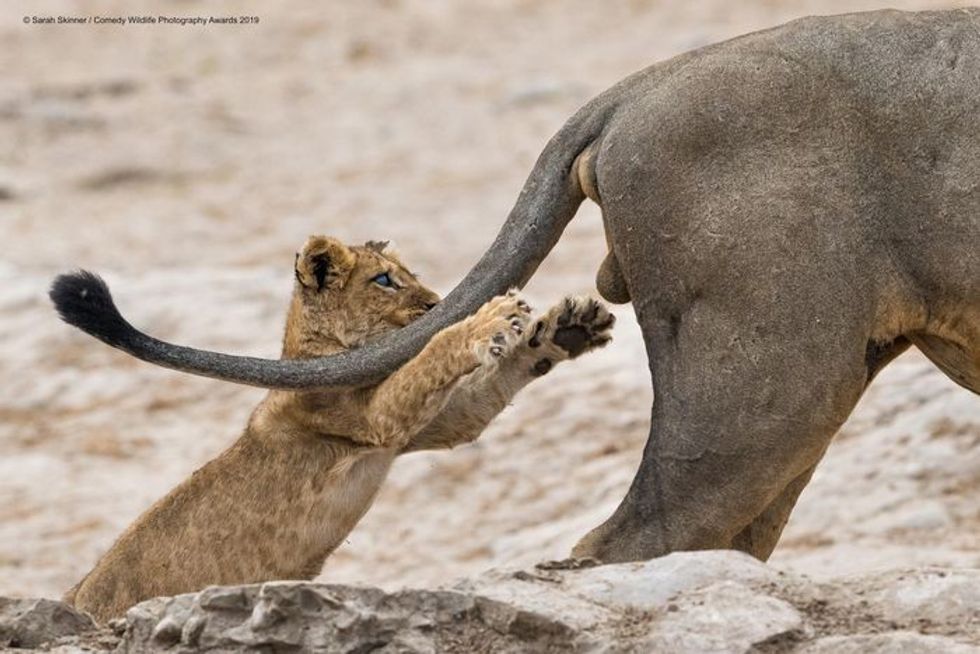 A young lion playing with an older animal
A young lion playing with an older animal A colorful bird appears to be yelling at it a friend
A colorful bird appears to be yelling at it a friend An otter appears like it's holding its face in shock
An otter appears like it's holding its face in shock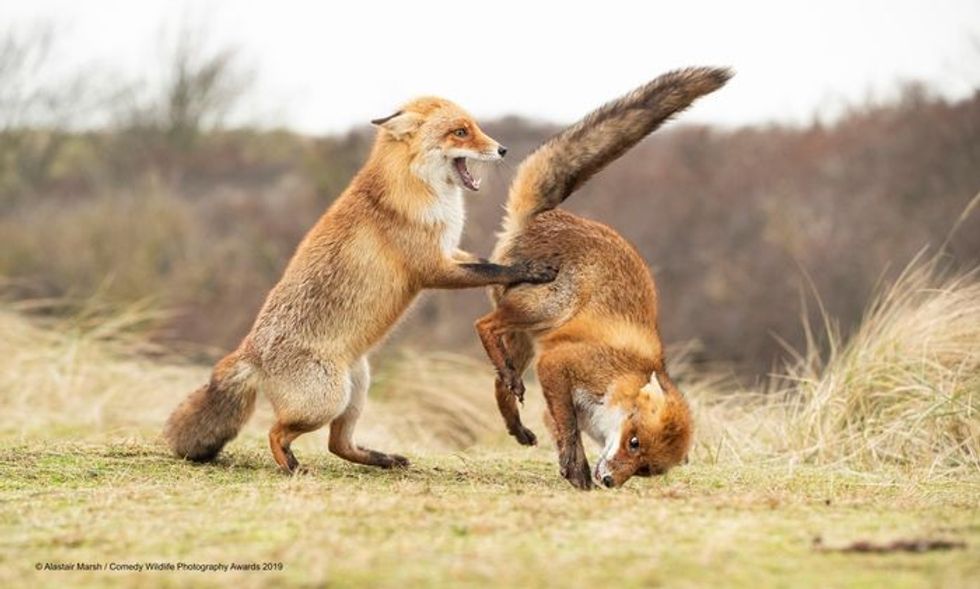 Two young foxes playing in the wild
Two young foxes playing in the wild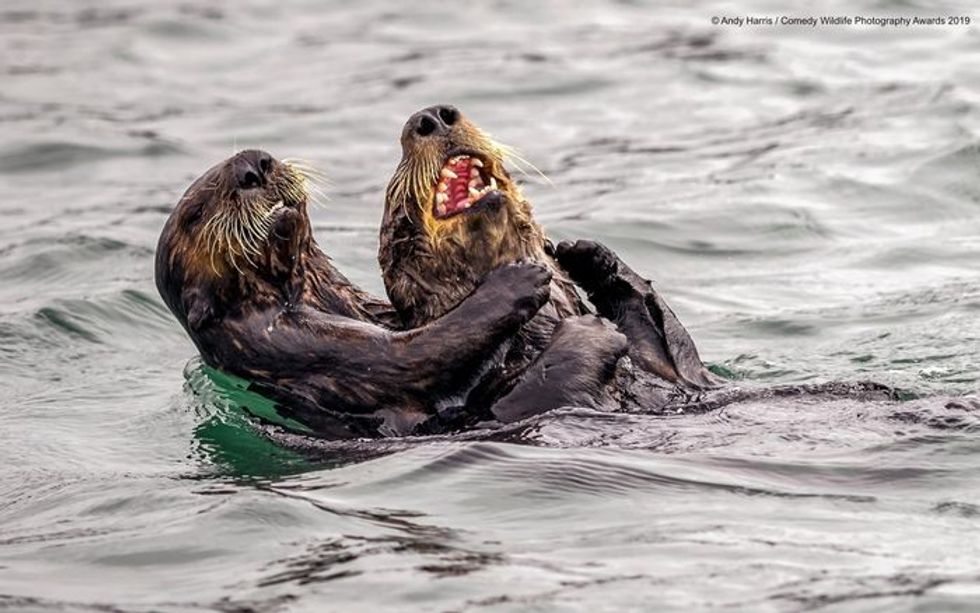 Two otters appear to be laughing together in the water
Two otters appear to be laughing together in the water A fish looks like it's afraid of the shark behind it
A fish looks like it's afraid of the shark behind it A bird appears to be ignoring their partner
A bird appears to be ignoring their partner A squirrel looks like it's trapped in a tree
A squirrel looks like it's trapped in a tree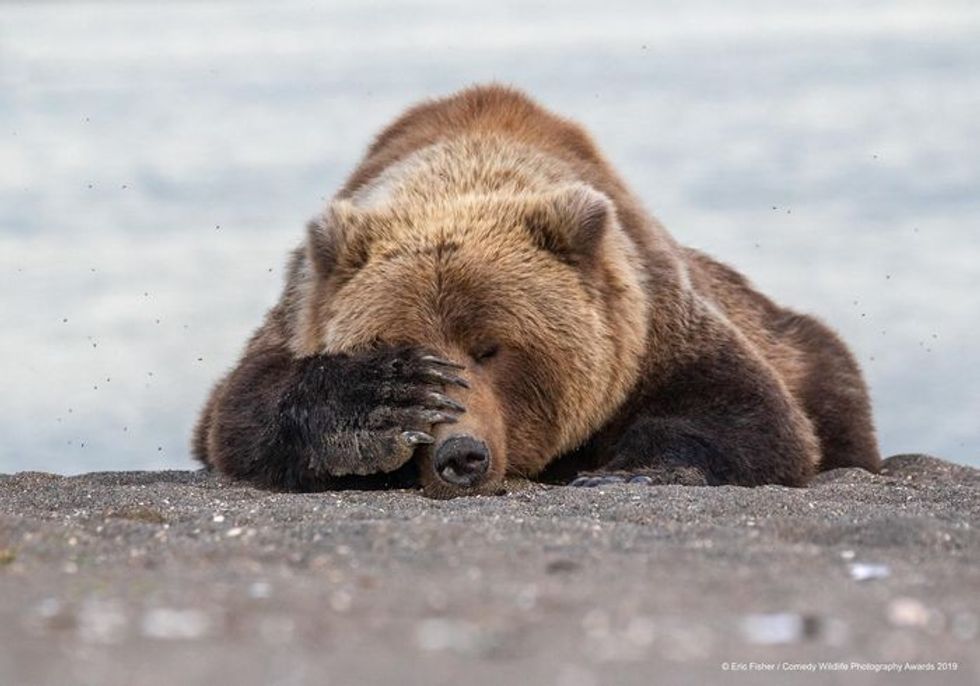 A bear holds hand over face, making it appear like it's exhausted
A bear holds hand over face, making it appear like it's exhausted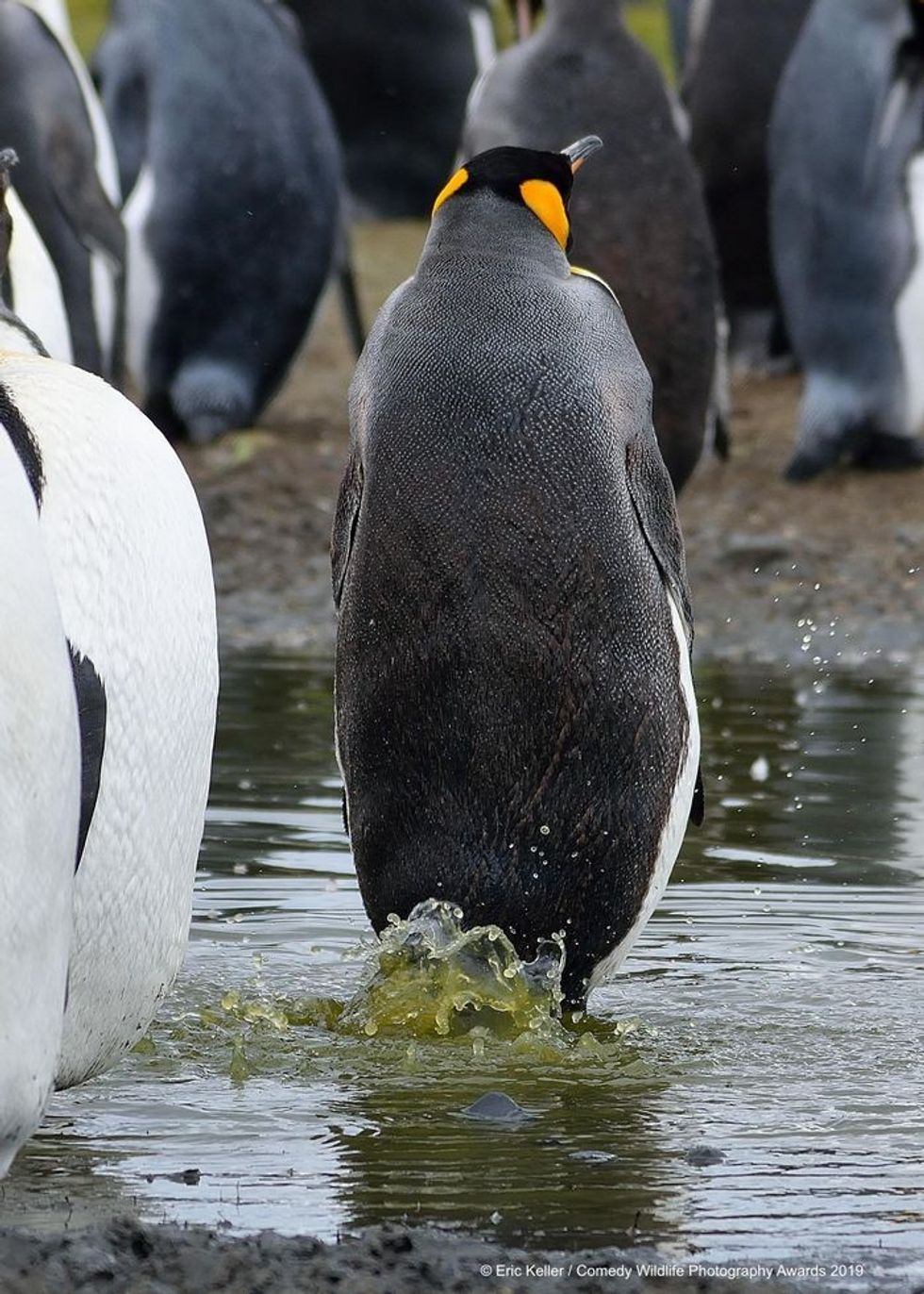 A penguin looks like its trying to appear inconspicuous
A penguin looks like its trying to appear inconspicuous A young squirrel smells a flower
A young squirrel smells a flower An insect appears to be smiling and waving at the camera
An insect appears to be smiling and waving at the camera An otter lies on its side apparently cracking up laughing
An otter lies on its side apparently cracking up laughing Two monkeys caught procreating
Two monkeys caught procreating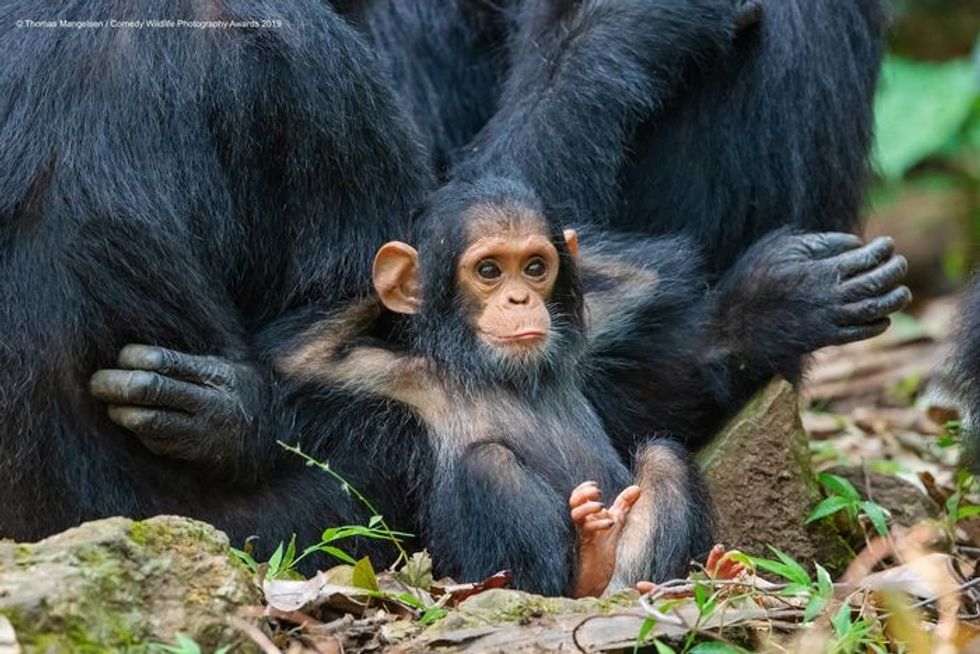 A young chimp relaxes with its hands behind its head
A young chimp relaxes with its hands behind its head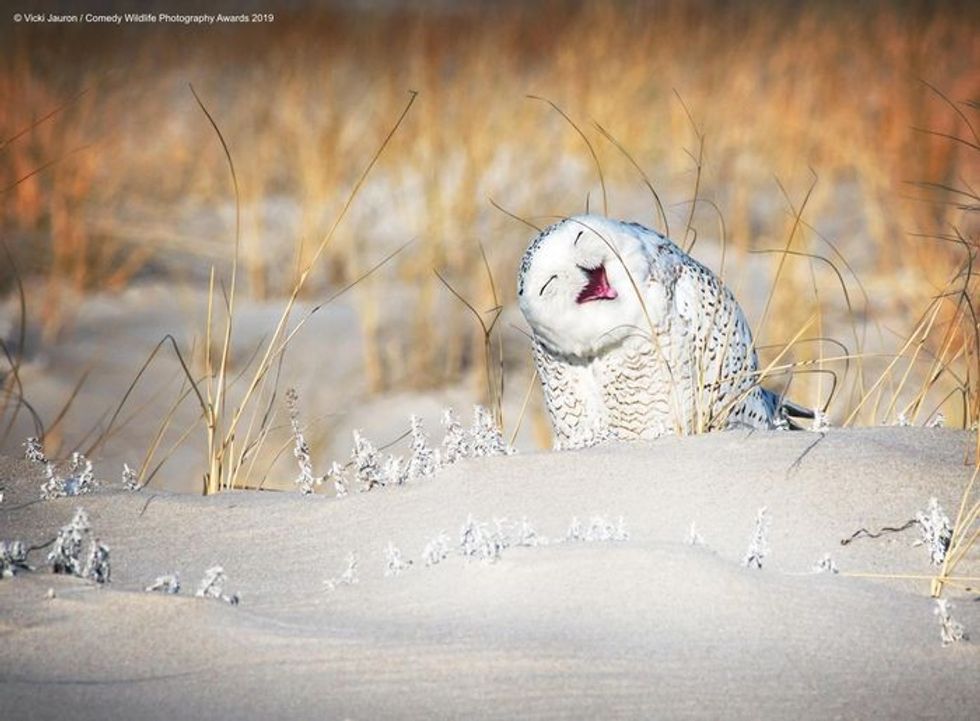 A snowy owl appears to be smiling
A snowy owl appears to be smiling  A monkey holds finger to face as if it's lost in thought
A monkey holds finger to face as if it's lost in thought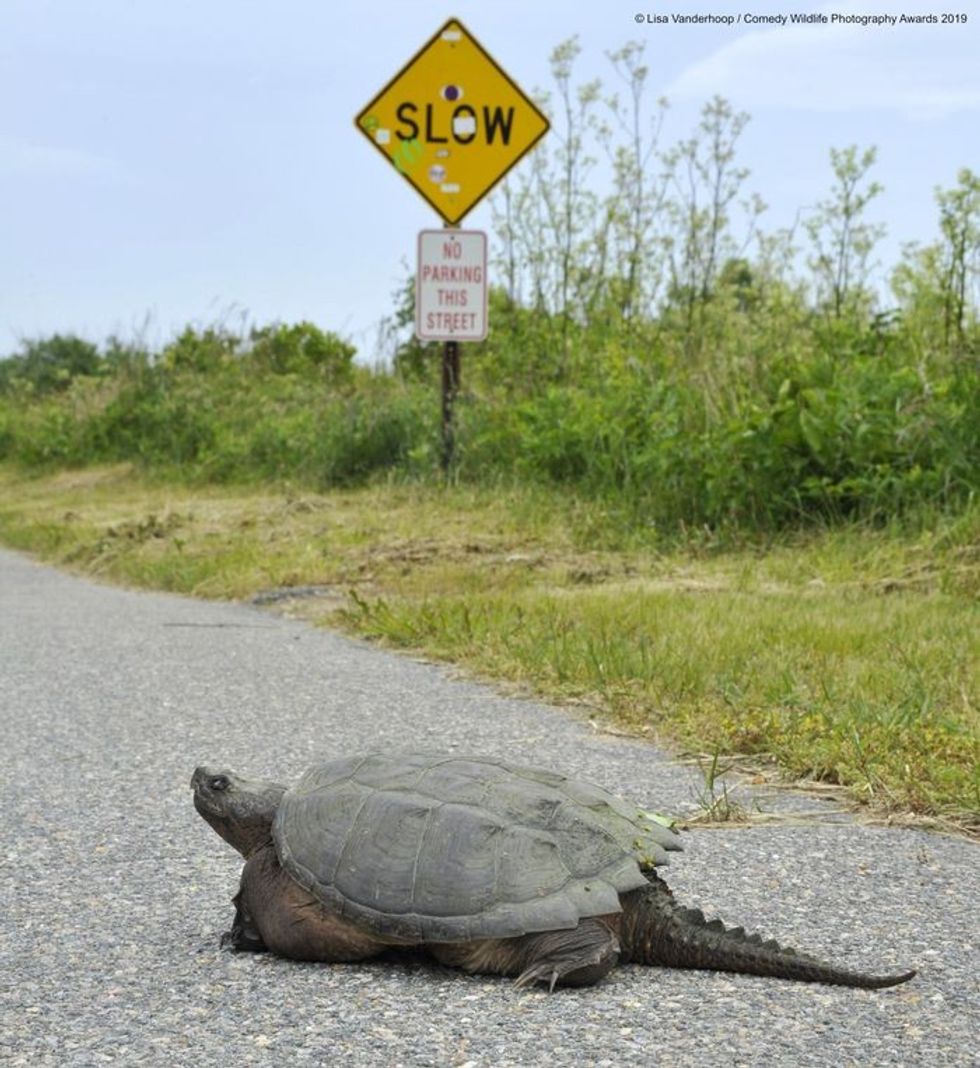 A turtle crossing the road under a 'slow' sign
A turtle crossing the road under a 'slow' sign A polar bear lies on its back like it's trying to hide
A polar bear lies on its back like it's trying to hide A rodent strikes human-like pose
A rodent strikes human-like pose
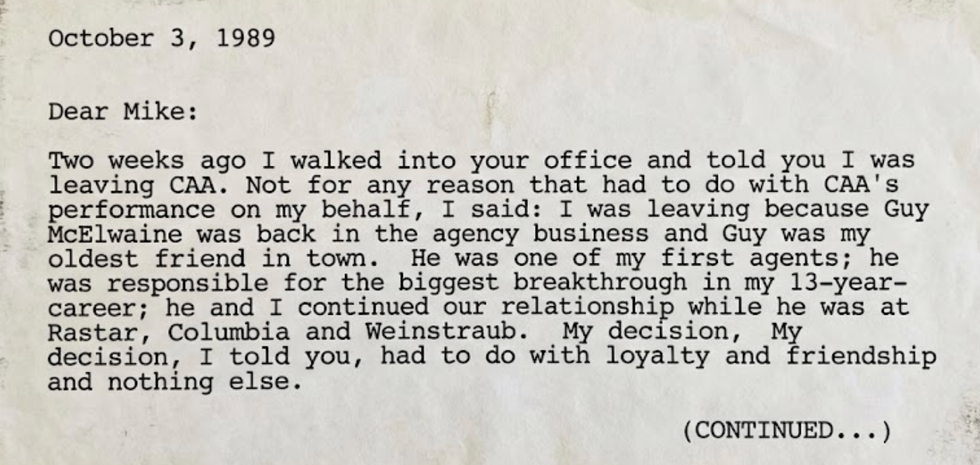 An excerpt of the faxCanva
An excerpt of the faxCanva

 Robert Redford advocating against the demolition of Santa Monica Pier while filming "The Sting" 1973
Robert Redford advocating against the demolition of Santa Monica Pier while filming "The Sting" 1973


 Image artifacts (diffraction spikes and vertical streaks) appearing in a CCD image of a major solar flare due to the excess incident radiation
Image artifacts (diffraction spikes and vertical streaks) appearing in a CCD image of a major solar flare due to the excess incident radiation